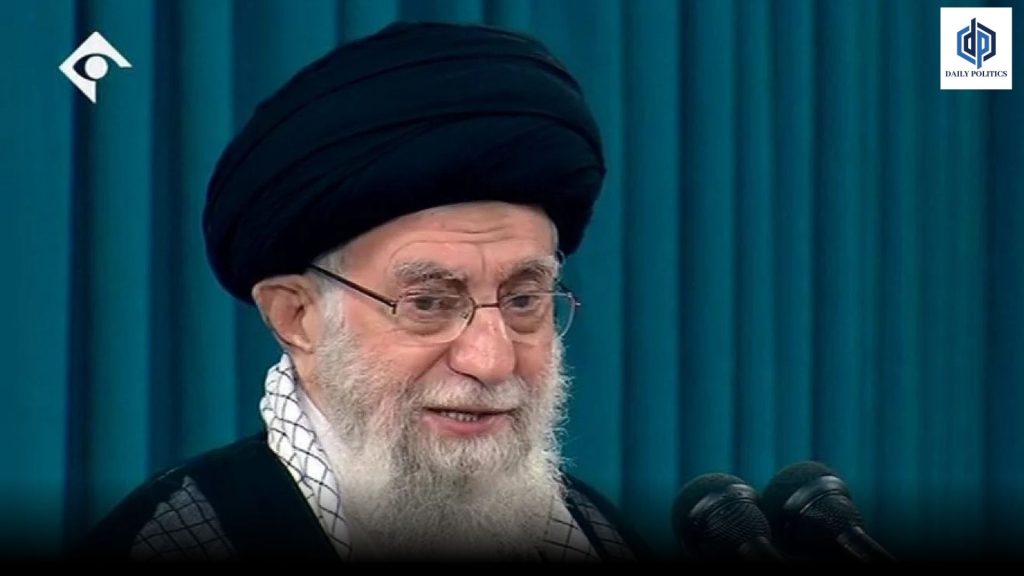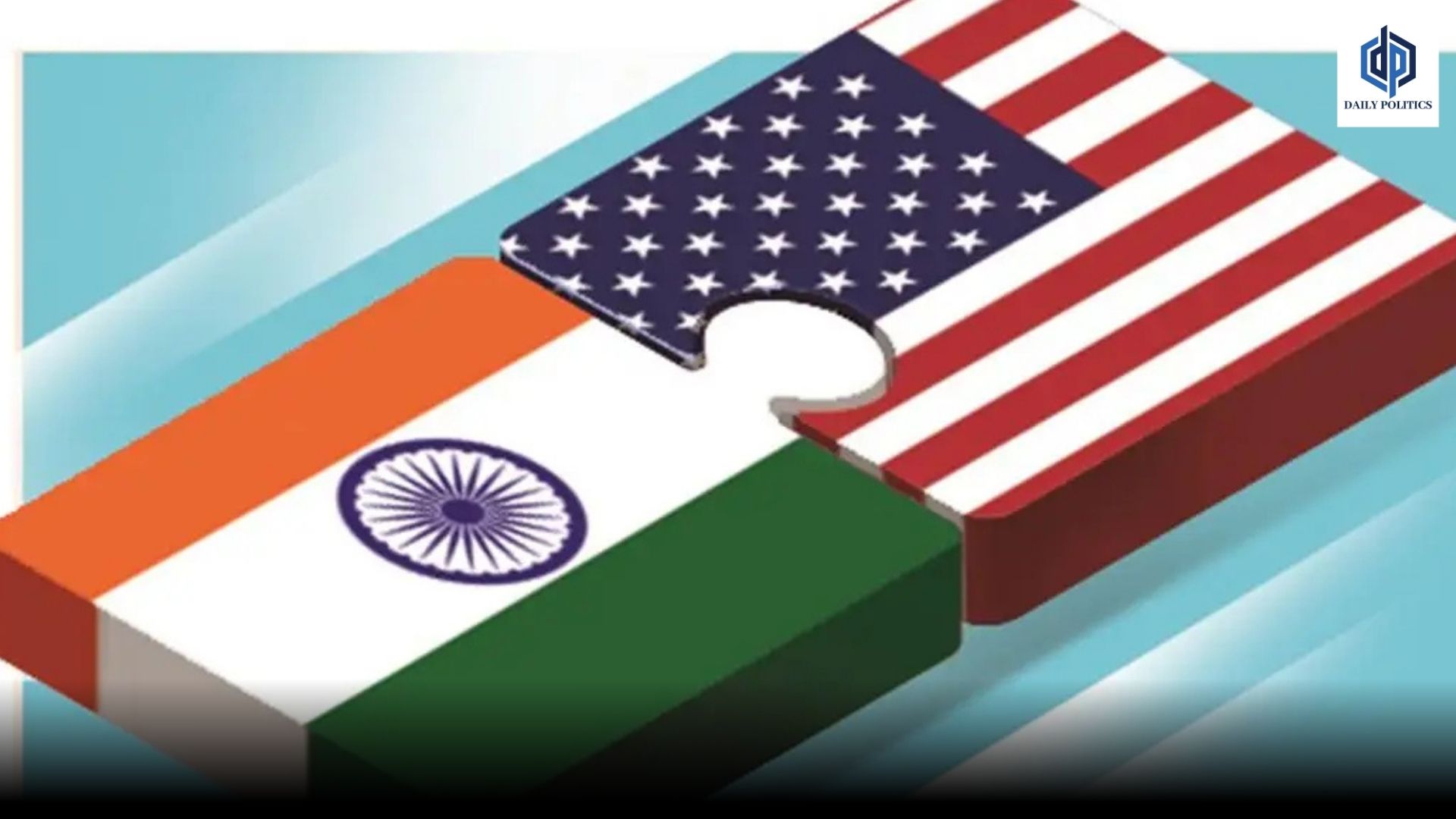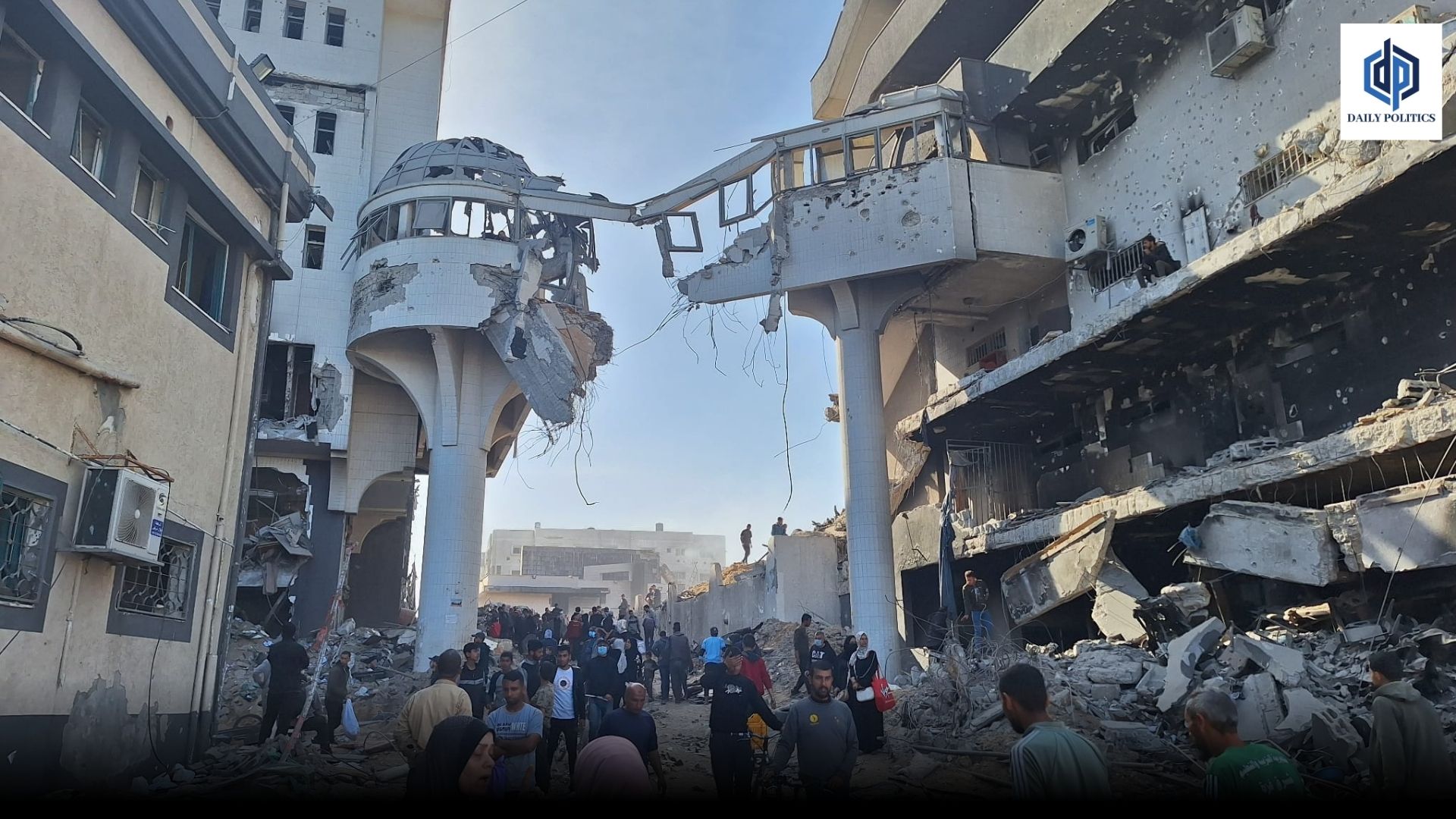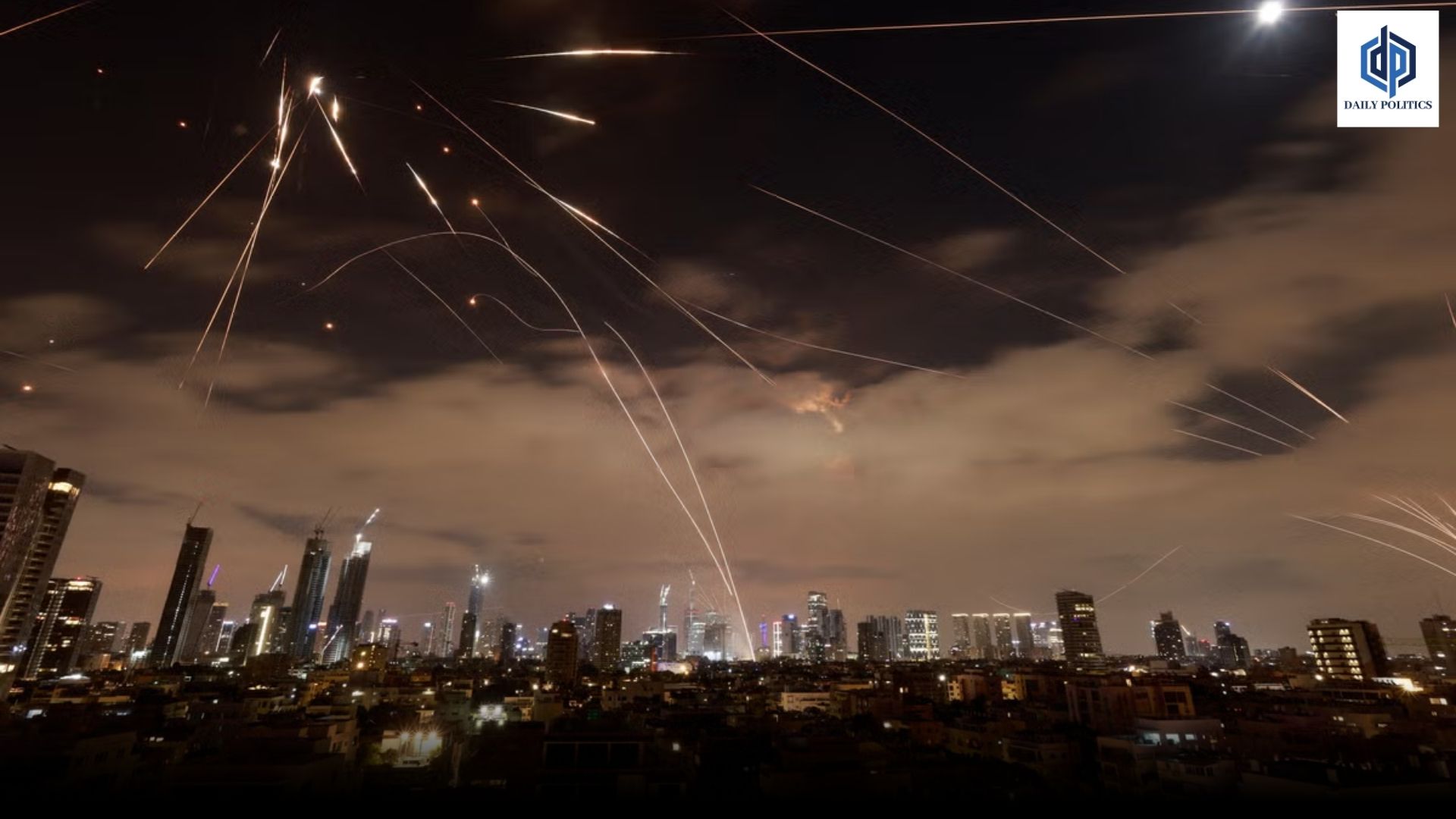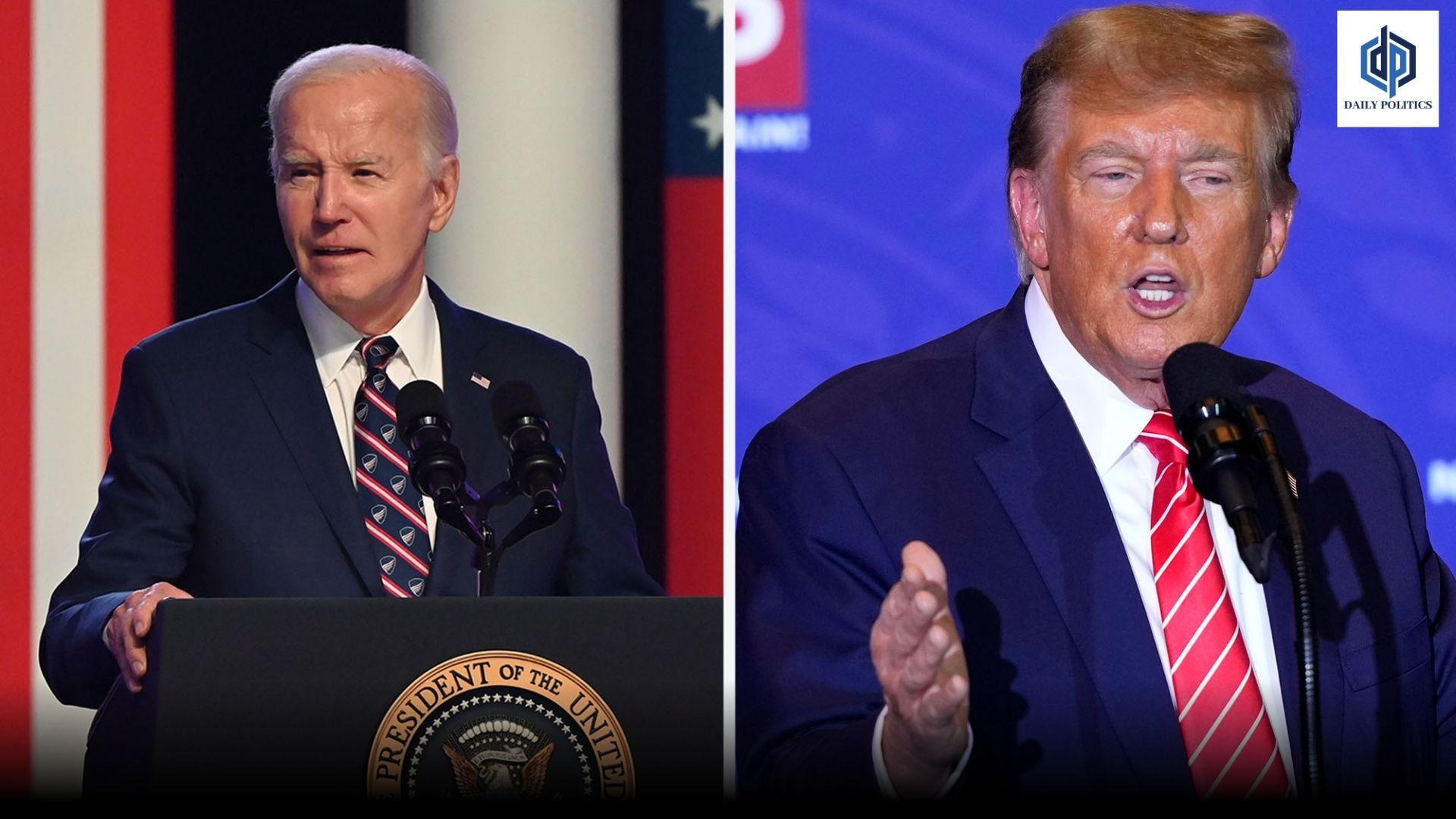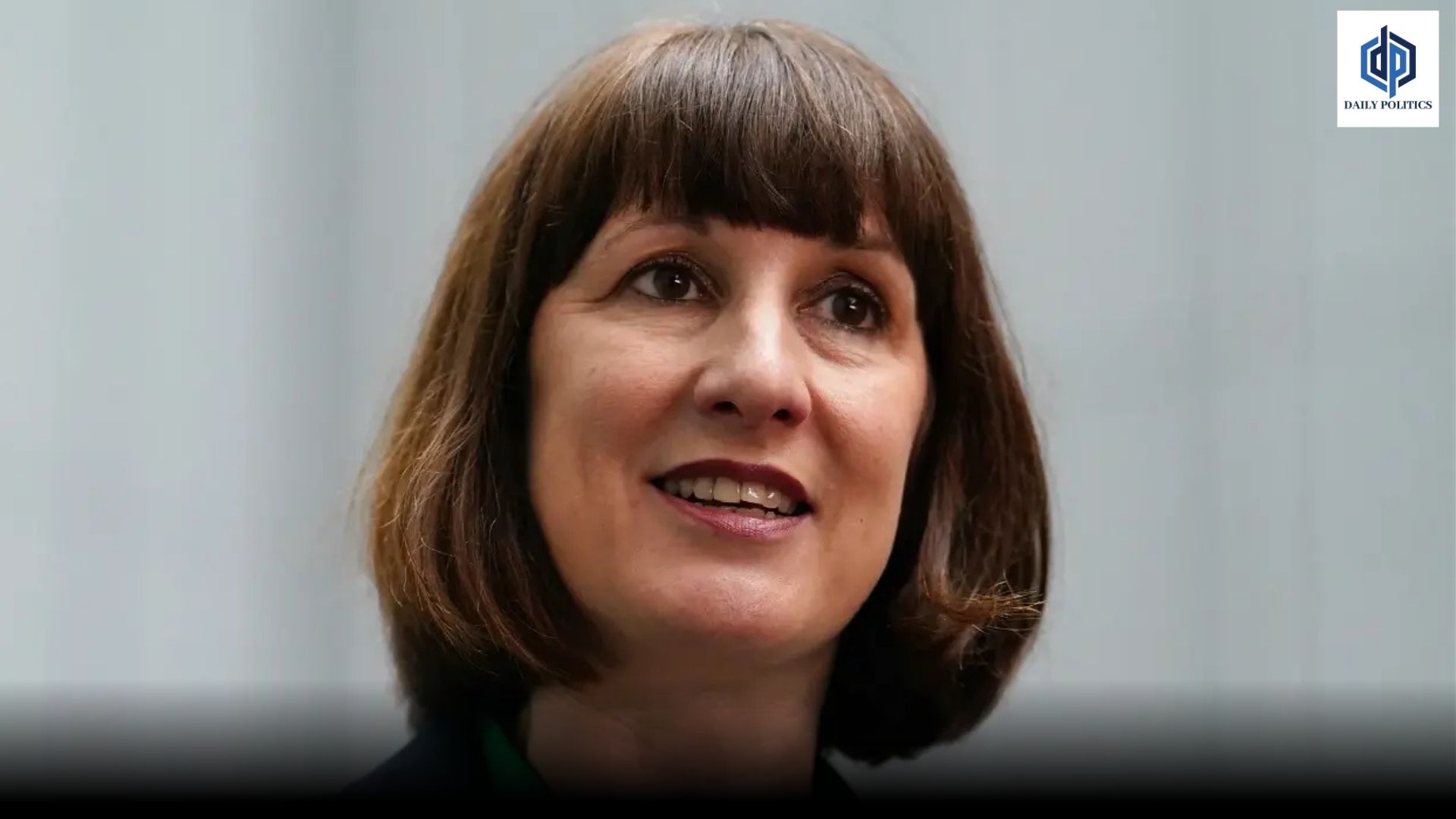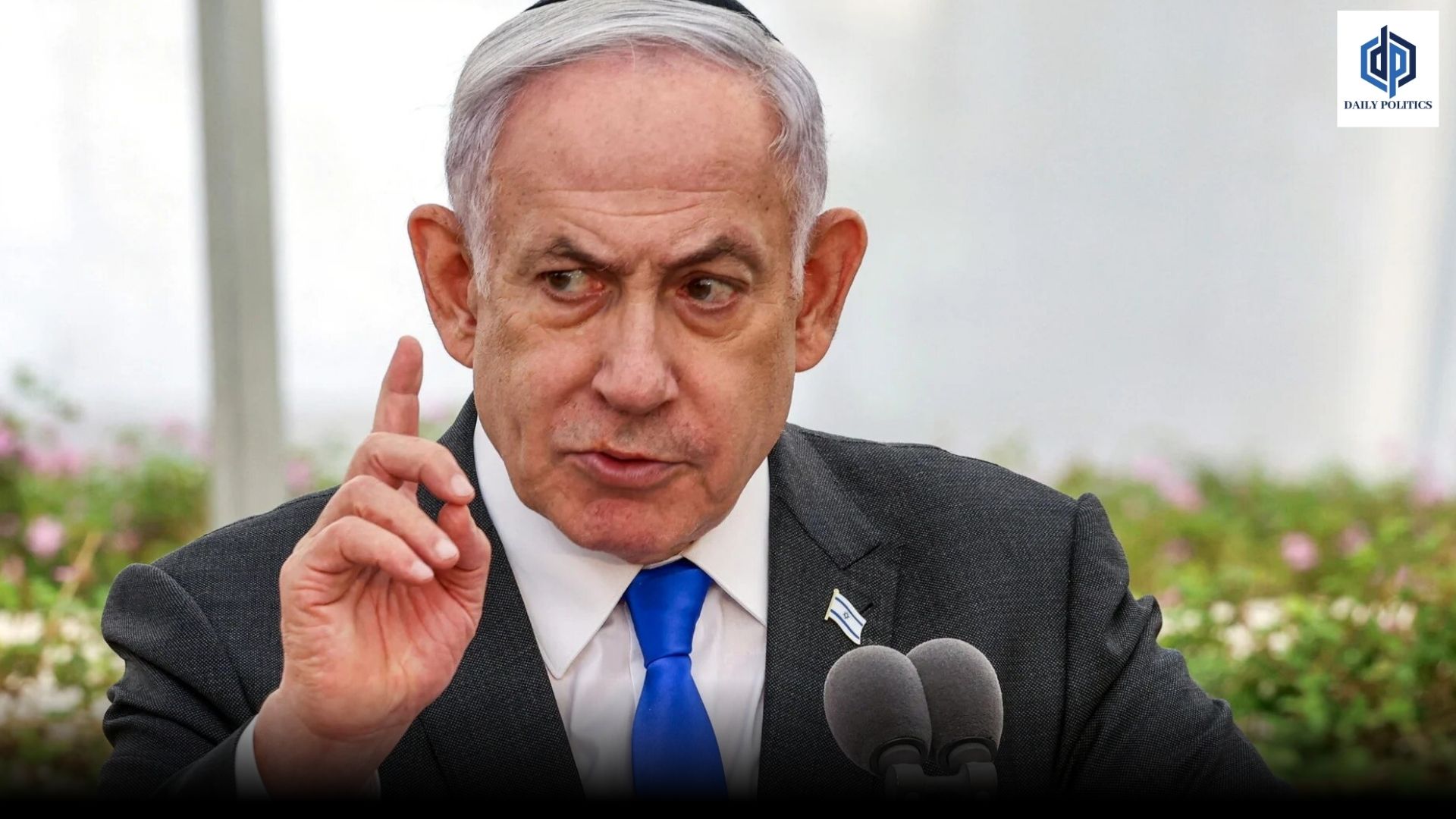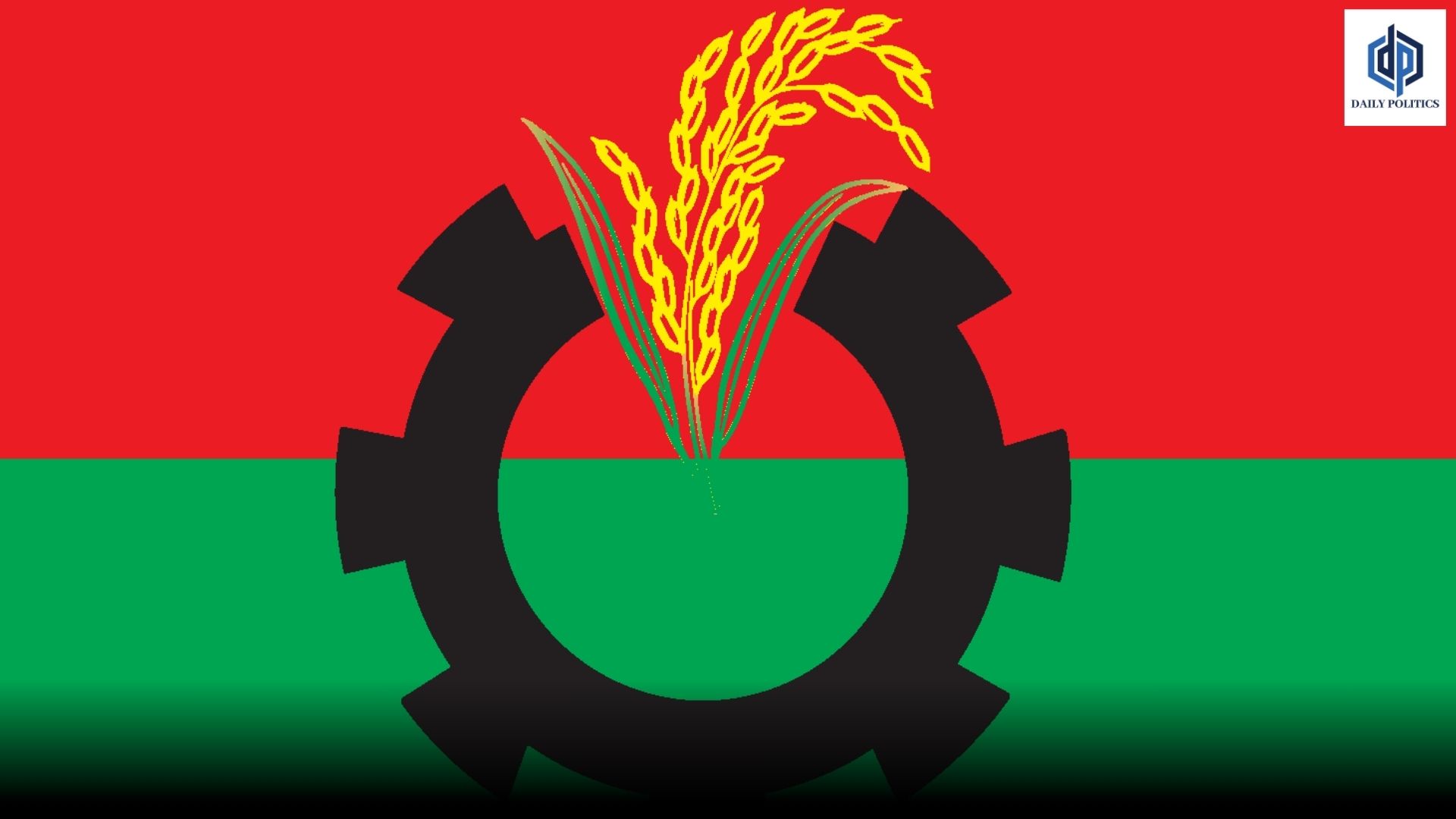At 86 years old, Iran’s Supreme Leader Ayatollah Ali Khamenei appears to be increasingly isolated.
According to five sources familiar with the decision-making process, Khamenei has experienced the loss of key military and security advisers due to Israeli air strikes. This development has created significant gaps in his inner circle and heightened the potential for strategic miscalculations.
A source with regular access to meetings with Khamenei has characterized the potential for miscalculation regarding Iran’s defense and internal stability as “extremely dangerous.”
Since Friday, multiple senior military commanders have lost their lives, including key advisers to Khamenei from the Revolutionary Guards, Iran’s elite military unit. Among the deceased are the Guards’ overall commander, Hossein Salami, aerospace chief Amir Ali Hajizadeh, who led Iran’s ballistic missile program, and spymaster Mohammad Kazemi.
According to sources, including three individuals who have participated in meetings with the supreme leader on significant matters and two close to officials who frequently attend, these men were members of the leader’s inner circle, which consists of approximately 15 to 20 advisers, including Guards commanders, clerics, and politicians.
A loosely organized group convenes on an ad hoc basis, as sources indicate that Khamenei’s office contacts pertinent advisers to assemble at his compound in Tehran for discussions on significant decisions. They noted that members exhibit a steadfast commitment to both him and the principles of the Islamic Republic.
Khamenei, having faced imprisonment prior to the 1979 revolution and suffering injuries from a bomb attack before ascending to leadership in 1989, demonstrates a strong dedication to preserving Iran’s Islamic governance and harbors significant distrust towards Western nations.
In Iran’s governmental framework, the leader has ultimate authority over the armed forces, the capability to declare war, and the power to appoint or remove high-ranking officials, including military leaders and judges.
Khamenei ultimately has the authority to make crucial decisions. Yet, a source familiar with the meetings reported that he demonstrates a willingness to consider advice, actively listens to a range of perspectives, and frequently requests further information from his advisors.
Khamenei can be characterized by two notable traits: an unwavering stubbornness coupled with a remarkable level of caution. He exhibits a high level of caution. “That is why he has maintained his position for such an extended period,” stated Alex Vatanka, director of the Iran Program at the Middle East Institute think-tank in Washington.
“Khamenei is in a strong position to conduct a fundamental cost-benefit analysis that centers on a critical issue: the survival of the regime.”
Khamenei’s Son Takes Centre Stage
Survival has consistently faced challenges that put it to the test. Khamenei has mobilized the Revolutionary Guards along with the affiliated Basij militia to suppress national protests in the years 1999, 2009, and 2022.
Despite the security forces’ consistent ability to endure protests and re-establish governmental authority, prolonged Western sanctions have led to significant economic hardship, which experts warn may eventually incite domestic turmoil.
The situation is increasingly critical for Khamenei as he confronts a growing conflict with Israel, which has launched airstrikes on nuclear and military facilities and personnel, prompting retaliatory missile strikes from Iran.
Sources close to Khamenei’s decision-making process have emphasized that other key insiders who have not been affected by Israel’s strikes continue to hold significant influence. This includes senior advisers on political, economic, and diplomatic matters.
According to two sources, Khamenei appoints advisers to address emerging issues, thereby extending his influence directly across various institutions, including the military, security, cultural, political, and economic sectors.
According to sources familiar with the situation, the operational methods employed, even within entities that are ostensibly under the authority of the elected president, indicate that Khamenei’s office frequently engages not only in the most significant state matters but also in the implementation of minor initiatives.
According to sources, Mojtaba, the son, has become increasingly pivotal in this process over the last two decades. He has developed a role that navigates the various personalities, factions, and organizations involved, facilitating coordination on specific issues.
Sources indicated that Mojtaba is a mid-ranking cleric regarded by certain insiders as a possible successor to his aging father. He has established strong connections with the Guards, which enhance his influence within Iran’s political and security landscape.
Ali Asghar Hejazi, deputy for political security affairs at Khamenei’s office, has played a significant role in critical security decisions. Sources indicate that he is frequently regarded as the most influential intelligence figure in Iran.
In the current political landscape, Mohammad Golpayegani, the head of Khamenei’s office, along with former foreign ministers Ali Akbar Velayati and Kamal Kharazi, as well as ex-parliament speaker Ali Larijani, continue to serve as trusted advisors on matters of diplomacy and domestic policy, particularly regarding the ongoing nuclear dispute, according to sources.
The recent loss of commanders within the Revolutionary Guards significantly impacts the upper echelons of a military organization that has been pivotal to Khamenei’s power structure since he assumed the role of the supreme leader in 1989, serving as a cornerstone for both domestic security and regional strategy.
The regular army operates under the defense ministry and is accountable to the elected president. In contrast, the Guards maintain a direct line of authority to Khamenei, which allows them to acquire top-tier military equipment for their land,
air, and sea divisions. This grants their commanders significant influence within the state apparatus.
In a critical juncture for the Islamic Republic, Khamenei is experiencing increased isolation following the recent setbacks of key advisers in the region. The coalition known as Iran’s “Axis of Resistance” has faced significant challenges, particularly from Israel’s actions.
In a significant turn of events, Hezbollah chief Hassan Nasrallah, known for his close ties to the Iranian leadership, was killed in an Israeli airstrike in September of the previous year. Meanwhile, in December, Syrian President Bashar al-Assad faced a dramatic overthrow by rebel forces.

